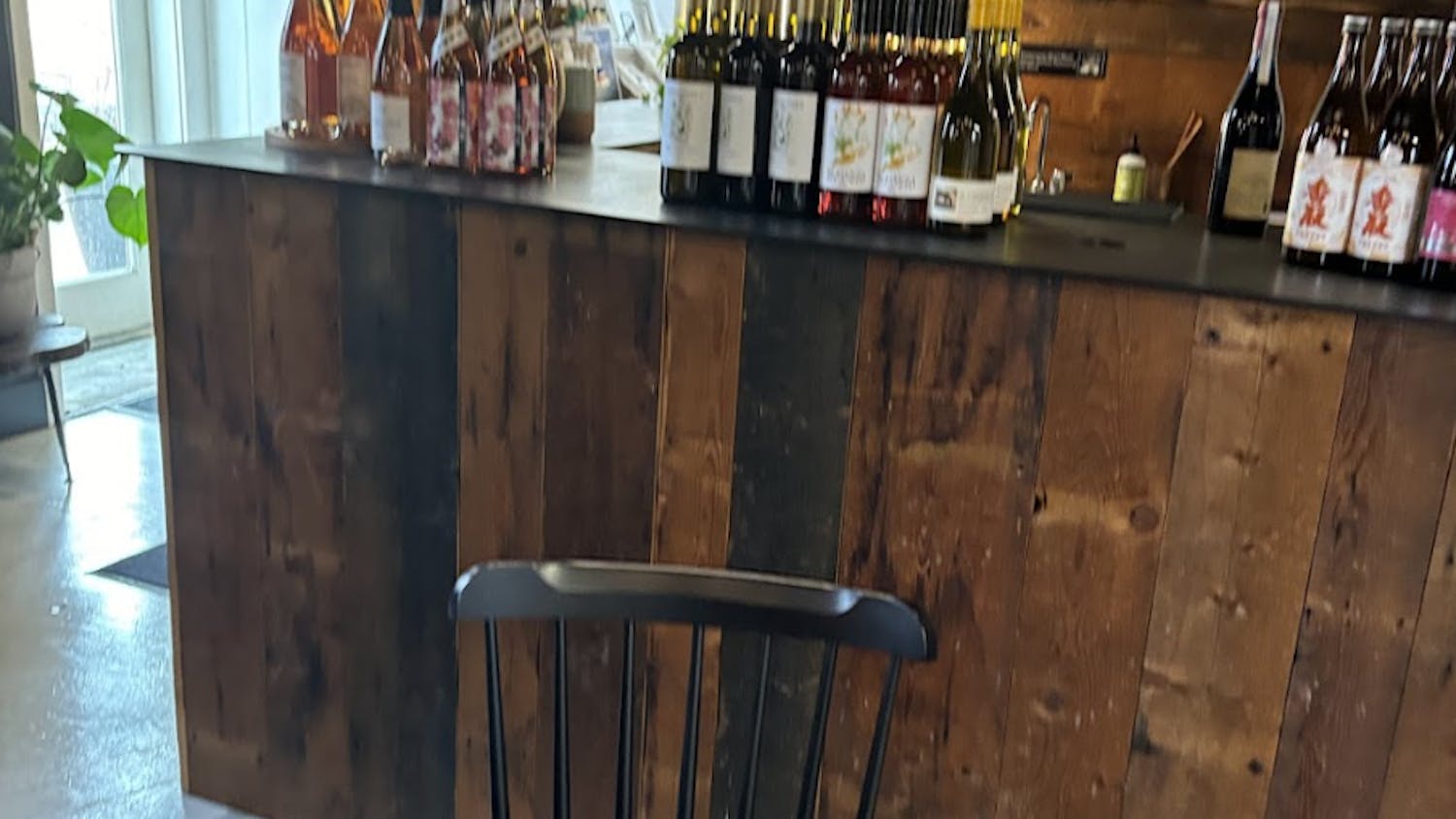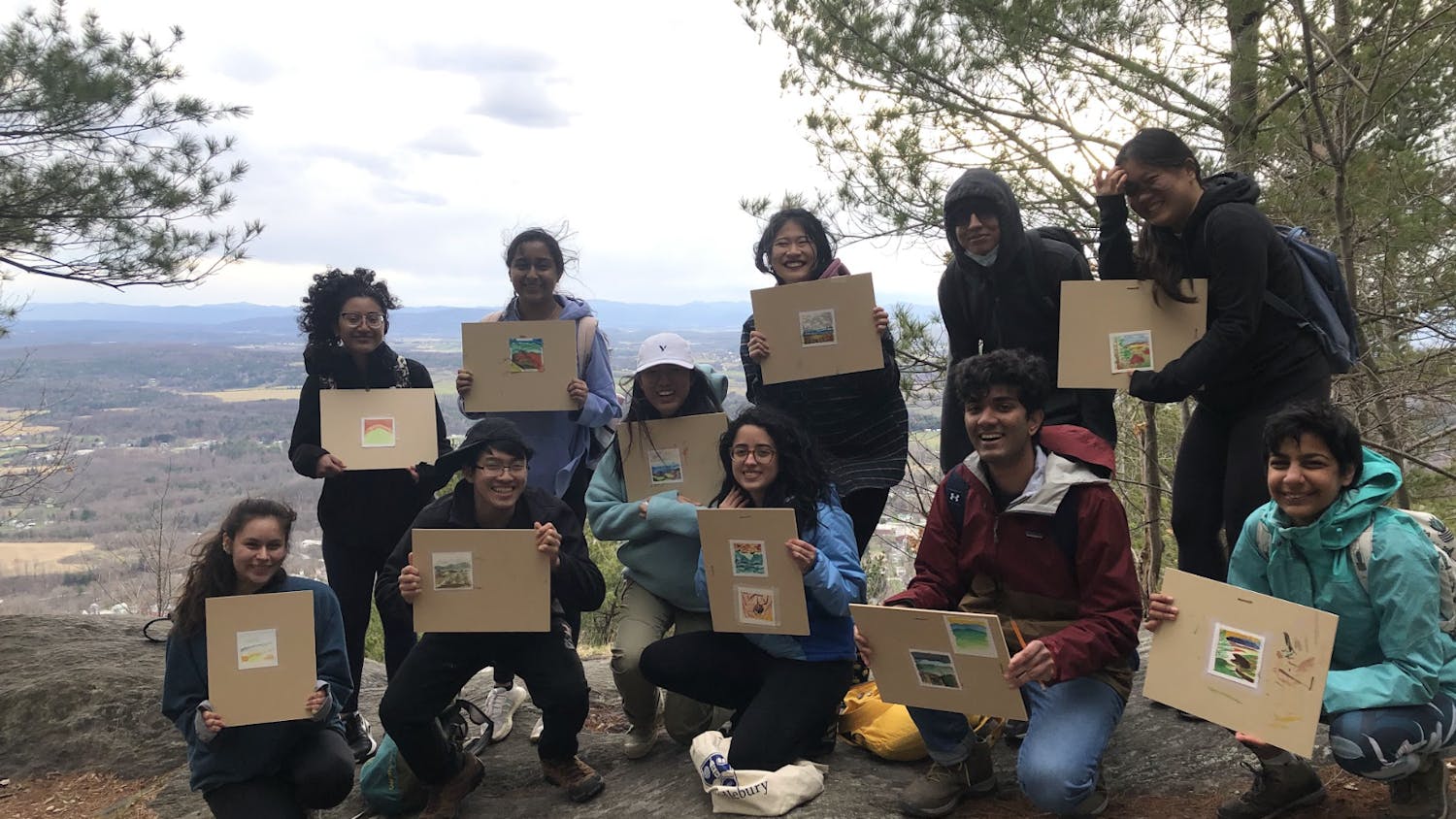Last week, Vermont Gas announced that due to a nearly 80 percent price increase in the past six months, the company has terminated Phase II of their two-part pipeline extension plan, which means the plant will no longer extend from Middlebury to the International Paper plant in Ticonderoga, N.Y.
Skepticism began to rise over the summer when Vermont Gas released that the projected cost required for Phase I would surpass the predicted $86 million, and likely reach $154 million. As a result, the Public Service Board asked for a remand from the State Supreme Court in order to investigate the price jump. Although this request materialized in a 30-day examination of cost-related developments, the project was allowed to continue without much scrutiny.
When an updated cost estimate for Phase II was released, which predicted a required $105 million instead of the former $74.4 million, plans to complete Phase II, the International Paper plant, which had previously agreed to cover a portion of the cost, no longer found the project commercially worthwhile and withdrew from the deal.
In an interview with the Addison Independent last month, Chris Recchia, the Commissioner of the Department of Public Service (DPS), shared that the more recent budget increase would be examined more carefully than the one in July. Although the DPS initially supported the pipeline project, the department has grown wary of the exploding costs due to its loyalty to ratepayers and landowners along the pipeline route who bear some of the burden of greater construction costs.
Louise Porter, member of the DPS counsel, wrote in a statement that, “the department strongly urges the board to investigate whether the Phase I project remains in the public good in light of the revised cost estimate.”
Porter further notes that a “cost increase of this magnitude” is reason to revisit Vermont Gas’ Certificate of Public Good, a requirement for utilities infrastructure and services, and urges the board to look into “all relevant changes to the project to date,” not just financial ones.
In line with the department’s request, the Vermont Supreme Court has granted regulators unlimited time and scope concerning the second investigation, unlike the previously limited examination of cost-related developments. Although Vermont Gas rejects the need for increased breadth, the South Burlington-based company has stated it accepts the push for a second project inspection.
Despite the pipeline’s recent setback, the company continues to assert that the pipeline will provide cheaper, more environmentally friendly energy to customers.
Don Rendall, president and CEO of Vermont Gas, insisted in his interview with VT Digger, “this is still a good deal for the customers in Addison County and will be a good deal for the state of Vermont.”
Governor Peter Shumlin told the Burlington Free Press that he is supportive of both the pipeline extension plan and the Public Service Board’s new position as overseer.
Governor Shumlin states, “I am gratified Vermont Gas will be putting a renewed focus on offering strong public benefits and a choice for Vermonters of natural gas service through its ongoing expansion to Middlebury and continued exploration of how to drive farther south to Rutland. I know that the Public Service Board and Department will provide vigorous oversight. The state’s interest and mine has always been in getting the choice of affordable natural gas to more Vermont residents and businesses, to help expand economic opportunity.”
Unfortunately for Vermont Gas, few are as encouraging as the governor. The termination of Phase II has reinvigorated protests against the pipeline.
The opposition coalition, comprised of groups such as Just Power, Rising Tide Vermont and 350Vermont, stated to the Burlington Free Press that the Vermont Public Service Board should “revoke the Certificate of Public Good for Phase I in light of the near doubling of Phase I costs, the stark climate impacts of fracked gas, and impacts on landowners in the path of the pipeline.”
Similarly, Greg Marchildon, the Vermont State Director of AARP, commented, “the public deserves to know what the additional costs are, how they are being justified, and if the project is still viable given that the projected cost has now gone from $86 million to $154 million in just a matter of months.”
Paul Burns, Executive Director of the Vermont Public Interest Research Group, who also opposes the pipeline, admits that it would be “astounding” if either Vermont Gas or the PSB terminated Phase I. Burns insists however, “I think it’s a very real possibility.”
Despite the uncertain fate of Phase I, Vermont Gas plans to continue construction after winter under its currently valid Certificate of Public Good.
VT Gas Pipeline Phase II Fails to Be Completed
Comments



